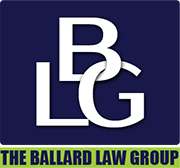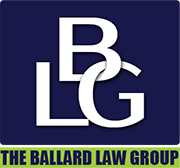If you have no equity in your home (meaning the balance of your mortgage or other liens exceed the value of your property), you will not lose your house in Chapter 7 bankruptcy. This is because if the trustee sold the house, there would be no proceeds left to distribute to unsecured creditors after the mortgage lender is paid.
On the other hand, if you do have equity in your home, the bankruptcy trustee has the power to sell it unless you can exempt that equity from the bankruptcy estate. This is commonly known as a homestead exemption.
Homestead Exemption in Georgia
In Georgia, homeowners are allowed to exempt $21,500 of their home or other property by the homestead exemption. You can also double the exemption, bringing it to $43,000, if you are married, filing a joint bankruptcy, and own the property together. The homestead exemption is automatic in Georgia so you don’t have to file a declaration to claim it in bankruptcy.
You can also apply $5,000 of any unused portion of the homestead exemption towards any property you own. This is called a wildcard exemption.
Example: Your house is worth $100,000. You have an $80,000 mortgage securing the property. This means you have $20,000 of equity in your home. When you include the homestead exemption, that $20,000 of equity is exempted and your house would be safe from liquidation.
See our post on property exemptions under Chapter 7 bankruptcy to learn more about exemptions.
Your Homestead Exemption Does Not Cover All of Your Equity
If the homestead exemption does not cover all the equity you own, it does not mean your house will automatically be sold. This is because the trustee incurs costs when they try to sell your home and get a commission from the sale.
If the amount of nonexempt equity does not cover these costs, there will be nothing left to distribute to the creditors. In this case, your home will not be worth selling. Also, keep in mind that if the trustee sells your home, they must pay you an amount equal to your exempt equity.
You Still Have to Continue Making Payments on Your Home
When you receive a Chapter 7 discharge, your personal liability on the mortgage is erased. This means that your lender cannot come after you personally if you do not pay your mortgage. However, the lien they have on your house is not erased by your discharge. This means that your lender still has the right to take the house back through foreclosure if you do not make your mortgage payments.
In short, if you want to keep your home during and after your Chapter 7 bankruptcy, you must continue to make your mortgage payments.

